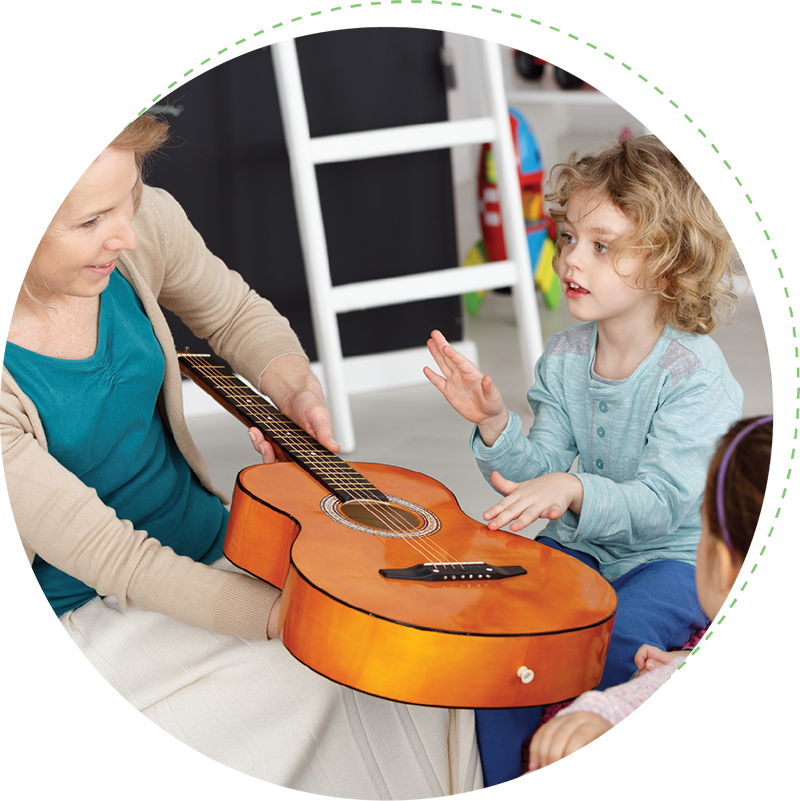A little about us…
Kildare Autism Network was set up as a Voluntary Network & has been in operation by parents of children with Autism since 2015.
We receive no government funding and we rely on annual memberships & our fundraising events which we host to keep supporting families throughout Kildare & surrounding areas.
We were granted official Charitable Status in 2018.
Charity Regulator Number: 20200966
Charity Reg: CHY22243

Our Main Objectives
To provide a peer group for parents and family members to share experiences and information in a positive and supportive setting.
To provide social outlets for young people and adults who have ASD.
To identify and link in with services and professionals in the local area who can provide appropriate supports.
To provide workshops, information sessions and training.
To liaise with schools to raise awareness of ASD and the supports that are needed for students and families.
Membership
What is Autism?
Autism spectrum disorder (ASD) is a neurodevelopmental disorder that affects social skills, communication, and behaviour. It means that a person’s brain develops and works a little differently and can affect how they understand and relates to others. Autism is a spectrum, and people with Autism are all unique. Some people may have severe challenges while others do not. By thinking of the condition as a spectrum, we can better understand the range of functioning people with Autism have.
Separate terms were previously used for different kinds of Autism, i.e. Asperger’s syndrome used to be a diagnosis for some people with Autism, who were verbal and generally had less severe challenges. However, in 2013 all subcategories of Autism were combined into one umbrella diagnosis called Autism Spectrum Disorder.
Typical signs of Autism
Parents may notice signs of Autism before a child is 2, but the most obvious signs and issues begin to appear between age 2 and 3 years. Every child presents with different signs so it is particularly important to stay linked-in with your Public Health Nurse and GP to raise concerns and any queries you may have about your child’s development.
Every child with Autism will develop a little differently, but most commonly parents notice at least some of the following:

Repetitive behaviours, for example watching the same programme repeatedly or echolalia in speech

Difficulty in communicating needs or interacting with others, notably delayed speech or absence of.

Sensory sensitivities, for example hating loud noises, aversion to types of food, sensitive to touch

Disinterest Socialising

Strong desire for routine and doing things the same way

Difference in play, lack of imaginary play, i.e. lining up toys rather than playing with each toy

Behavioural problems, such as aggression, difficulty sleeping
Girls and Autism
At the moment, research and statistics show that males are 4 times more likely to be diagnosed with Autism than females.
According to Neuropsychologist Susan F. Epstein
“The model that we have for a classic autism diagnosis has really turned out to be a male model. That’s not to say that girls don’t ever fit in, but girls tend to have a quieter presentation, with not necessarily as much of the repetitive and restrictive behaviour, or it shows up in a different way.”
Girls can tend to mask symptoms in order to fit in, and this can increase anxiety to such a level that they may be misdiagnosed. Attached is a link to an article in the Irish Times which is an interesting read about girls and Autism and why many go undiagnosed.
Assessment of Needs
If your child has a disability or you think they may have a disability you can apply for an Assessment of Need via the HSE. The assessment will identify your child’s health needs and if appropriate carry out a diagnosis. The assessment will also identify what services are required to meet your child’s needs. For more information visit the HSE website.
Private Assessment and Diagnosis
There are many Private psychologists that can assess and diagnose Autism. A private diagnosis is a much quicker way to receive a diagnosis, but it can be quite expensive, typically between €1,000 – €2,000. It can be helpful to talk to other parents about their experiences with private diagnosis and get recommendations. KAN are always happy to support people around this.
It can be a bewildering time for many, but it can really help connect with others who have been going through the process. If you need any help or guidance around this, please contact us or come to one of our support groups.
Want to get Involved?
Want to get in touch? We’d love to hear from you. Here’s how you can reach us…